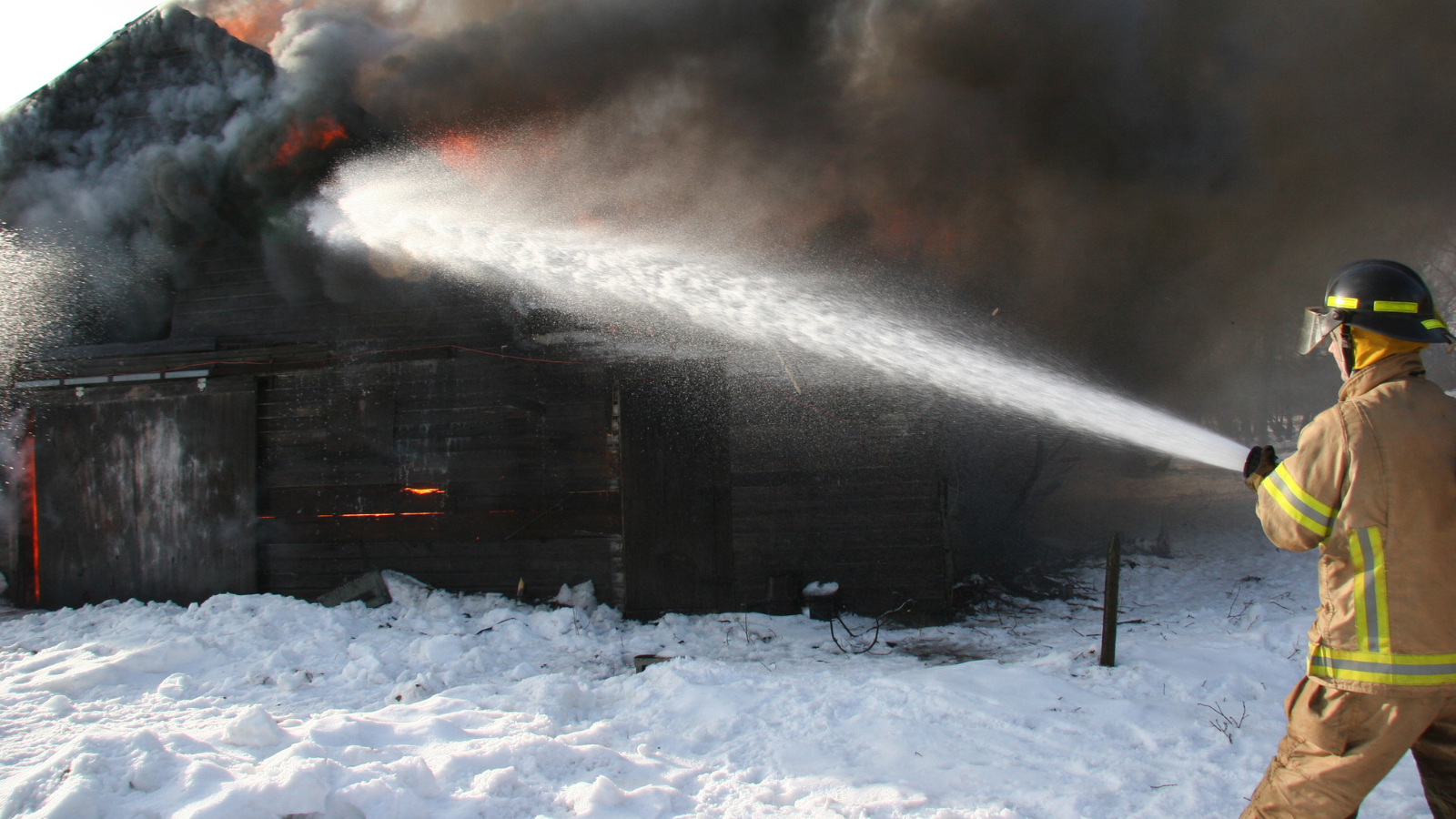This is how I often feel. It’s only because of one event that I feel this way. Thoughts like this can diminish the importance of our mental health. The stigma around mental health issues often leads people to think there’s no other way to feel, or it’s not a big deal. That’s not true. Our mental health impacts our relationships, work, and overall well-being.
Mental health has become a major issue worldwide. More people are recognizing its importance in our daily lives. When our mental health isn’t managed, the negative effects show up in all aspects of life. When we nurture our mental health, we enjoy our time with family, are more productive, and feel happier. In one day, we can experience many emotions. Our mental health helps keep balance in our lives.
Stress and anxiety are natural, especially in fast-paced environments like farming. The Canadian Mental Health Association of Ontario reports that suicide and other mental health issues are more common in the agricultural industry. Life on the farm can be rewarding, but farmers rarely take breaks.
Common Mental Health Issues
There are many different types of mental health blocks and their severity will change based on the individual. Here are just a few of the most common types:
- Stress – is the body’s natural reaction to a situation that is uncomfortable. If not managed properly our levels of stress can build up and cause a huge strain on our mental capacity and our ability to
- Anxiety & Panic Disorders – often triggered by an individual event or experience. Individuals experiencing this will constantly worry about a number of everyday situations. This excessive worry can lead to difficulty concentrating, irritability and restless sleep.
- Depression – most people feel sad or down in relation to certain life events such as a death in the family. However, people that suffer from depression often have the low times persist much longer. Depression if left untreated can lead to suppressed or heightened appetite, sleeping too little or too much, feelings of guilt and insignificance and difficulty concentrating.
Any of these issues can worsen over time. Recognizing the need for help is the first step to improving your mental health.
Farmers are tough, resilient people. Farming is often a lifestyle, not just a job. They put their work before their well-being. Farming brings constant pressure from unpredictable weather, changing markets, and managing livestock.
Farming is also financially stressful. Climate change and market instability can create anxiety. Loans are often needed to expand, adding another layer of stress. Farmers depend on variables beyond their control, which leads to uncertainty and pressure.
How to Recognize Mental Health Issues
It’s hard to diagnose mental illness without professional help. But certain behaviours, when repeated, can signal a problem. Watch for these signs:
- Withdrawing from family or friends
- Major changes in eating habits
- Excessive anger, fear, or hostility
- Constant sadness or feeling down
- Sleeping too much or lacking energy
- Overuse of alcohol or drugs
- Ongoing irritability or confusion
These behaviours may not be a concern alone, but if they persist, they could affect mental and physical health. Discuss these signs with the person or a healthcare provider to help manage the issue.
Supporting People with Mental Illness
To help someone, start by listening. Show you care through eye contact and responsive behaviour. Offer support and discuss ways to improve their mental health. Encourage them to seek professional help.
Ways to Improve Your Mental Health
You can take small steps to improve your mental health:
- Set goals: Small wins boost confidence and well-being.
- Write it down: Tracking feelings and reactions helps build self-awareness.
- Exercise: Running, weightlifting, or playing outside are great stress relievers.
- Get enough sleep: Aim for 7-9 hours a night to refresh your brain.
- Build a support network: Strong relationships with family and friends help build confidence and self-value.
Farmers face a volatile environment with little control. The weather, machinery issues, and financial challenges all contribute to stress. Rural areas often lack mental health resources, making farmers more vulnerable.
The stigma around mental health is improving but still needs work, especially in rural communities. If you know someone struggling, reach out. A small gesture can make a big difference.
Through Trillium’s ROOTS Community Fund, we donate to organizations that support mental health. You can find a list of these organizations and services on our ROOTS Community Fund page.
Mental Health Resources :





